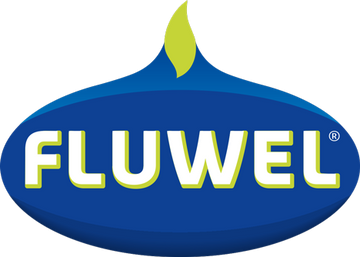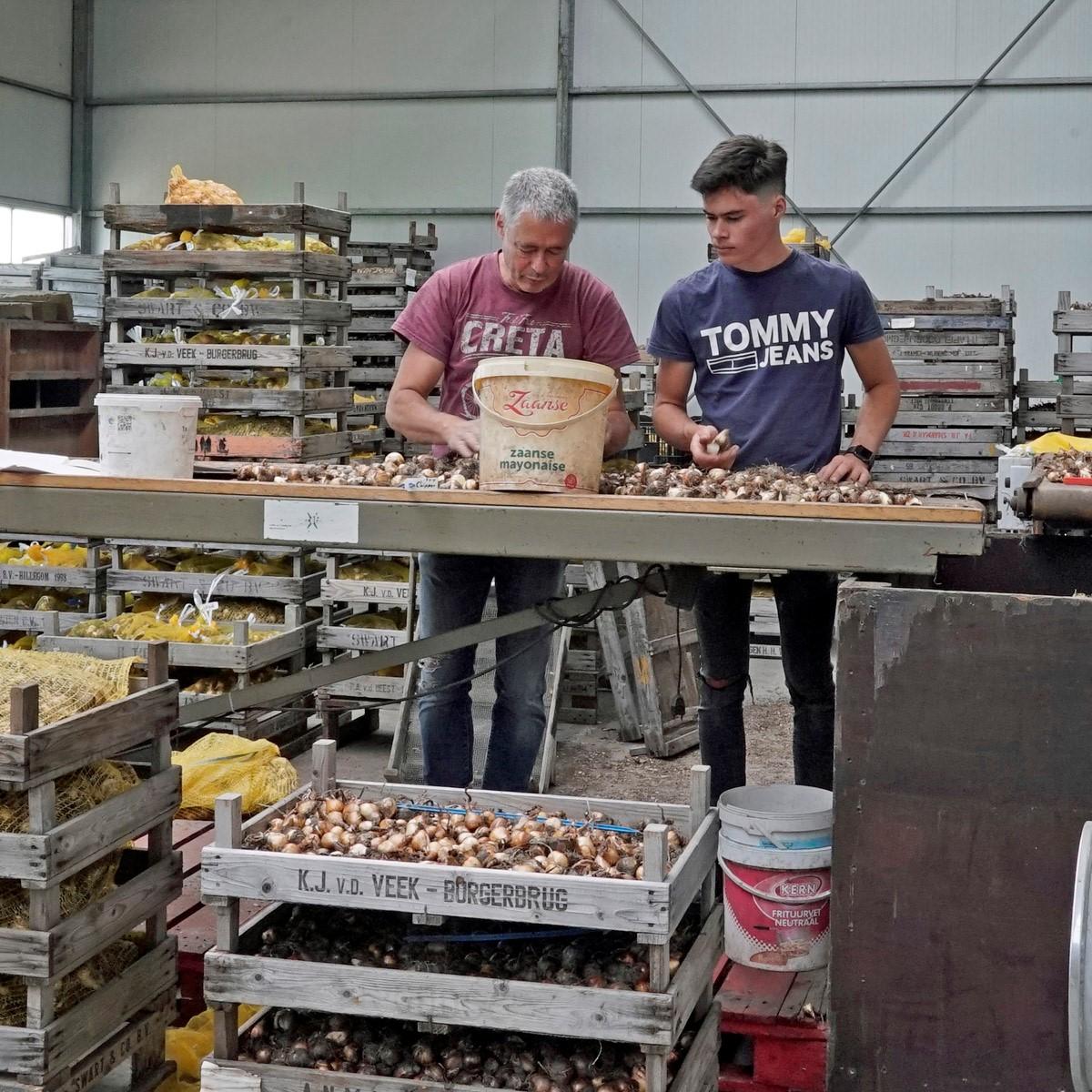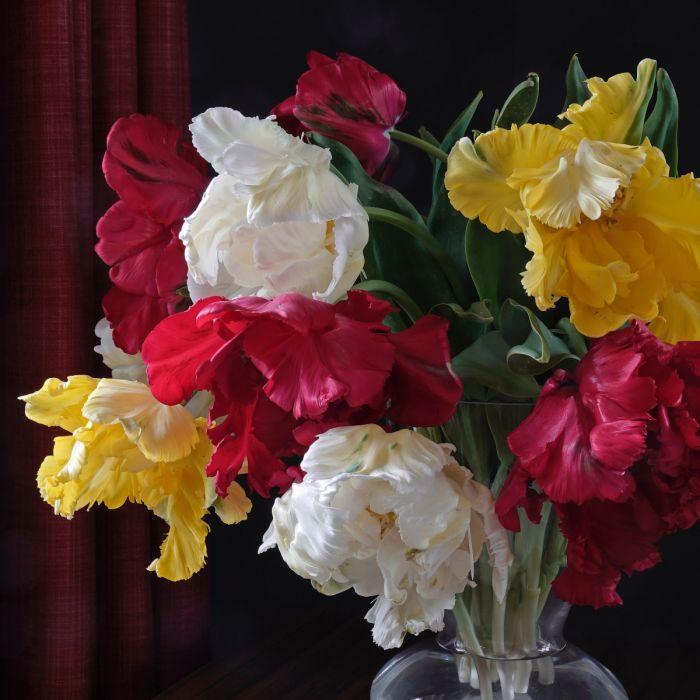Every now and then someone will ask me about the use of chemicals in the cultivation of flower bulbs, and whether the flower bulbs Fluwel sells have also been exposed to substances like that.
There is only one honest answer I can give to that: Yes, chemicals are used in the cultivation of flower bulbs. Also in the bulbs you buy in our web shop.
I would like to give you more information about this subject. But not with the intention to make excuses, quite the opposite. In my opinion, a critical look and a frowning consumer are of great importance to the improvement of agriculture and horticulture. But an accusing, pointed finger to flower bulb growers is a bit unfair.
When it comes to the cultivation of flower bulbs, the chemicals used are the ones that have also been approved for usage in agriculture and vegetable cultivation. Actually, there is no research at all about the use of chemicals for flower bulbs. This is because world wide, the cultivation of flower bulbs is such a small field that it is just not profitable for chemical companies to create specialized products. Their focus is on crops like potatoes, grain, soy, kale, carrots, and other kinds of agricultures that are produced on a large scale.
But then where does the flower bulb industry get their products? They ask permission from the government to use certain chemicals that have been approved in the Netherlands for agriculture and horticulture. Getting approval from the government to use these chemicals is not easy: Because most of the flower bulb cultivation is done on a certain kind of sandy soil, the government tends to be more strict than they are when it comes to potatoes or onions. Sand has a very loose structure, which makes it easy for the chemicals to slip through and wash out into the groundwater. This does not happen so easily in other kinds of soil.
A large part of the sandy soil also serves as an area for groundwater abstraction, which makes it understandable that the government is rather strict when it comes to the use of chemicals. For the last ten years, there have been no new chemicals approved, which only shows just how closely the government is restricting this.
This strict policy is largely thanks to the critical consumers, which is commendable for both the government and those consumers.
But there is some criticism towards different parts of the government. The requirements that are placed on the agricultural sector nowadays do not always match the modern day way of thinking about the environment and being environmentally friendly. When it comes to viruses, fungi or other pests, there is almost always a zero tolerance policy. This means that when there is more than 0% (yes, it is an actual zero) of a certain disease or infection in a batch of flower bulbs, potatoes or other product, the product is not allowed to be exported to certain countries, and therefore gets a much lower value.
If this ridiculous zero tolerance policy would be just a little bit less strict, it would mean that we could lower the use of chemicals considerably. Growers now have to be super cautious when they sell their products for export to other countries. He would never say: ‘Well, the risk of disease is low this week, so I will skip putting chemicals on this batch for a week,’ because when he has just one bad plant in his entire batch, he has a huge problem on his hands.
I think that this is the area in which the government needs to make changes to reduce the use of chemicals.
Other than that, I have a lot of appreciation for the Dutch government. They use strict rules and punishment for environmental crimes are, deservedly so, heavy.
Besides the zero tolerance policy of our own government, there is a whole load of certificates buyers want to see. Planet Proof, MPS, and Global Gab are just a few examples. Some buyers ask for these certificates to show their customers that they, as well as their providers, are being environmentally conscious. And they are, but they are not being more sustainable than any other grower who does not have the certificate and also operates within the Dutch law. The only difference is that the certified growers also have to register every chemical they use, both when and where. But other than that, they have to use the same crop protectors and chemicals as a non-certified business.
In conclusion, I would say that the use of chemicals is going in the right direction, which is partly because of the attitude of the customers towards the environment. There are always things that could be better, but the change of heart that I have seen in the last 25 years is an enormous step in the right direction. But I do feel like the reduction of chemicals in the agricultural sector is going to be coming from the farmers themselves. In my opinion, today’s famers, the people who are working outside every day, are even more environmentally conscious than most of their customers. Without the help of any rules or obligations from the government, the use of chemicals has decreased by 10% in the past years, while the total acreage of flower bulbs has increased by 10%. Biological means are used whenever it is possible, without the government needing to ask for it first.
Because of society’s attitude towards the environment, the new generation of farmers are finding new ways to be sustainable, and they deserve some appreciation for that.
Kind regards,
Carlos van der Veek



 Deutsch
Deutsch English
English Nederlands
Nederlands
